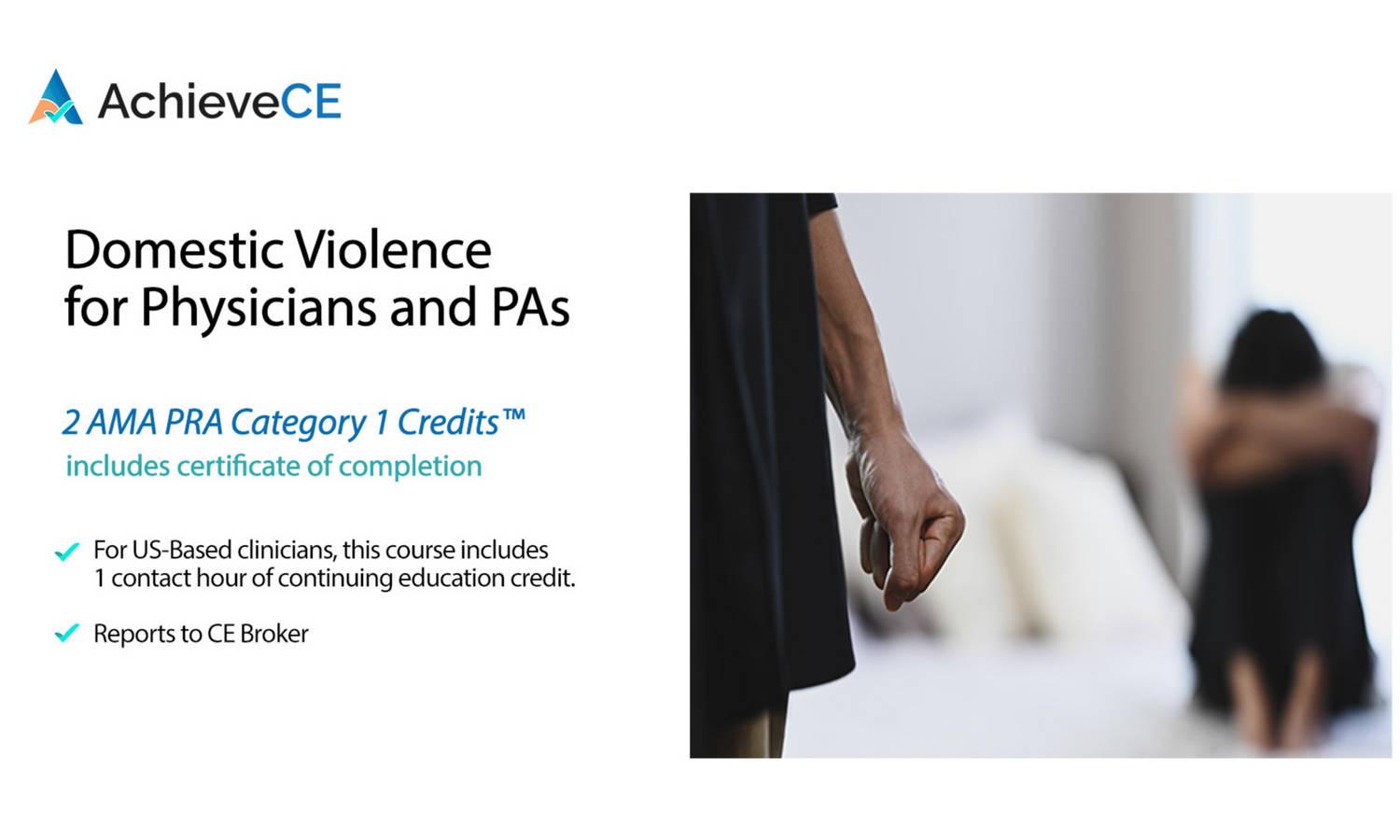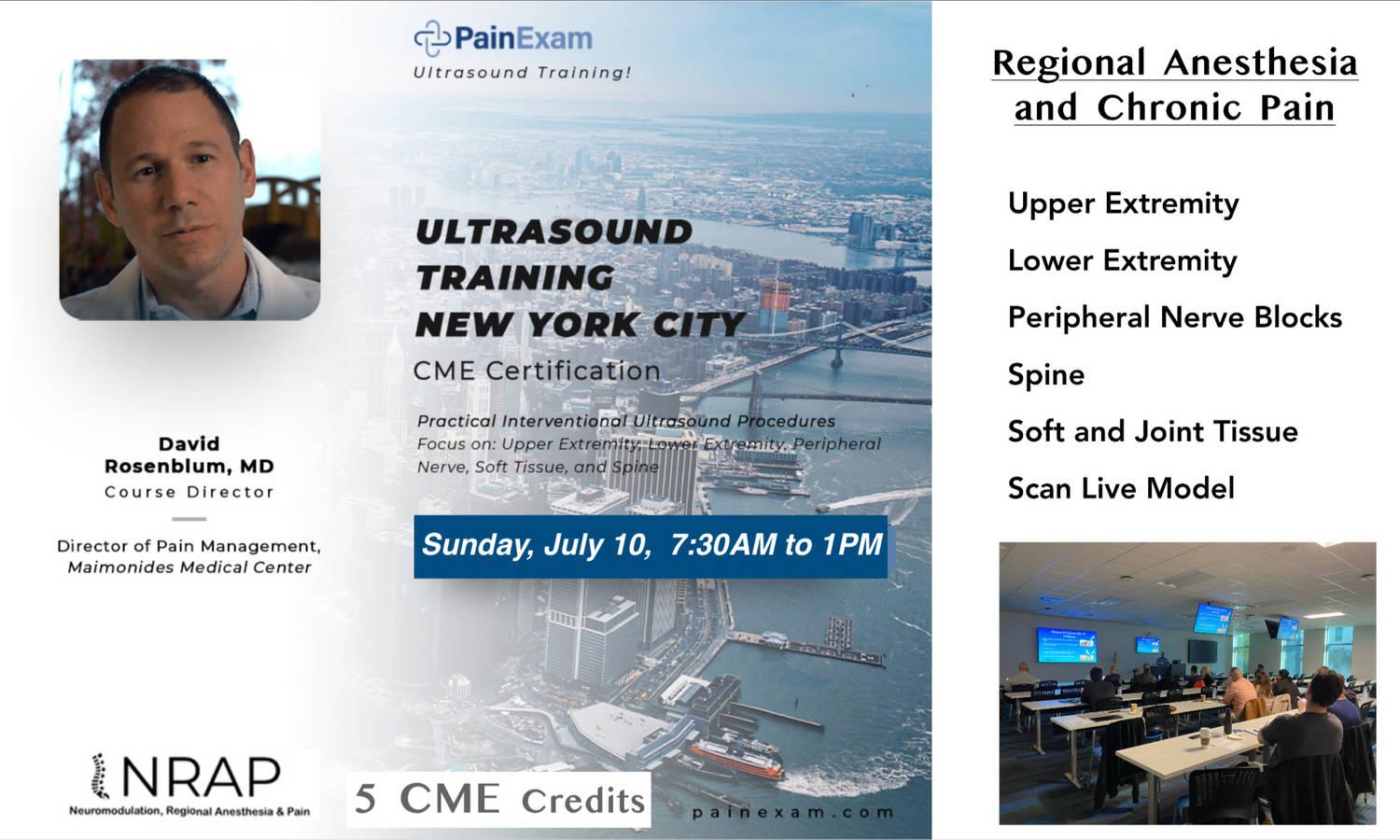
Enhancing Communication Between Patients and Healthcare Professionals
Enhancing Communication Between Patients and Healthcare Professionals is organized by UC San Diego School of Medicine, Continuing Medical Education.
Release Date: February 19, 2021
Expiration Date: February 19, 2024
Activity Description:
Enhancing Communications Between Patients and Healthcare Professionals is part of a series of web-based programs designed to provide participants with a review of the latest research in behavioral diabetes on these topics and present a new model for understanding motivational issues in diabetes. Participants will learn how to identify the critical obstacles that contribute to problematic self-care and how to prioritize those obstacles as a plan for intervention is developed. Modules will also focus on the introduction and practice of brief interventions for addressing patient barriers, once again relying on a case-based approach towards acquiring the necessary confidence and skills.
This activity is a 1-hour video presentation examining difficult psychosocial issues in diabetes, featuring William Polonsky, PhD, CDCES and Susan Guzman, PhD and is comprised of four parts:
Educational Objectives:
Following completion of this educational activity, learners should be able to:
• Describe how simple communication strategies at the time of diagnosis can influence patients’ diabetes experience over the long term.
• Describe how the principles of choice architecture can influence self-management decisions.
• Demonstrate the use of diabetes-focused action planning strategies.
• Discuss the pro’s and con’s of Motivational Interviewing strategies when applied to diabetes care.
Statement of Need:
The American Diabetes Association published its first Psychosocial Position Statement in December 2016, recognizing the important role of emotional, social and behavioral influences on those living with diabetes. To achieve satisfactory medical outcomes, self-care adherence to key diabetes tasks and psychological well-being, the Position Statement emphasized how critical it is that these complex psychosocial factors be identified and addressed. The goal is to adopt a person-centered care model, which necessitates that patient-provider communications and interactions, problem identification, psychosocial screening and intervention take into account the context of the person with diabetes.
In particular, poor adherence to diabetes self-care recommendations is recognized as a major contributor to poor health outcomes, but healthcare professionals (HCPs) are often unsure how best to address this issue and report little confidence in their ability to identify and address their patients’ behavioral and broader psychological problems. The Position Statement is one step forward, but how best to enact these broad recommendations in a busy clinical practice? Many HCPs express a strong interest in receiving training in this area, but there is little, if any, opportunity to do so.
To address this gap, the Behavioral Diabetes Institute, together with the University of California San Diego School of Medicine, have developed and implemented a number of successful interventions designed to provide HCPs with the necessary skills to identify the critical psychosocial obstacles that their patients face, to collaborate more effectively with their patients to promote a stronger sense of patient engagement, and to identify and address the obstacles that make diabetes self-management so challenging.










